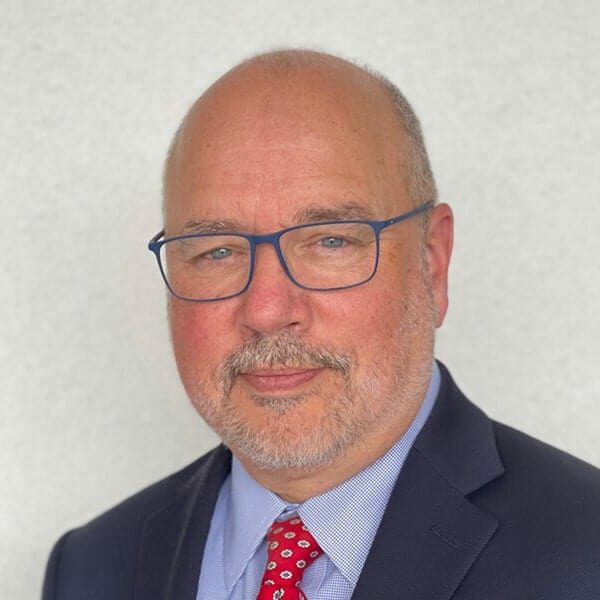Dr. David Zapala is a consultant in audiology/otolaryngology, past chair of the audiology division at the Mayo Clinic in Florida, and an associate professor at the Mayo Clinic at Alexis School of Medicine. He is among a select few non-physician providers to receive the Mayo Clinic’s “Clinician of the Year” recognition for providing advanced diagnostic and rehabilitative services to patients with complex auditory and vestibular conditions. He is a respected teacher and mentor and his research broadly focuses on advancing audiological management and enhancing the accessibility and affordability of hearing health care.
Dr. Zapala has an impressive publication record and his research has received national and international recognition. Members of Congress, the National Academies of Science, Engineering, and Medicine, and the Danish Ministry of Health have cited his papers on audiologist disease detection capabilities and audiology direct access. These works have influenced regulatory developments in hearing health-care delivery.
Dr. Zapala’s contributions have been recognized with numerous awards and honors. He received the James Jerger Award for Mentored Clinical Research from the American Academy of Audiology, the Edward Dalstrom Distinguished Service Award from the Mid-South Lions Sight and Hearing Service, and the Honors of the Academy from the American Academy of Audiology, among others.
Dr. Zapala is a founding member of the Tennessee Academy of Audiology and the American Balance Society. He has served on the American Board of Audiology Board of Governors, the American Academy of Audiology’s Board of Directors, and the American Academy of Audiology Foundation Board of Trustees. He has also served on the advisory board of the IDA Institute.
Dr. Zapala’s academic path began with a bachelor of arts in communication disorders from California State University, Fullerton (1975), followed by a master of science degree in audiology from Utah State University (1980). He entered private practice in the early 1980s. However, he returned to academia, earning a PhD in hearing science from the University of Memphis (1992). His doctoral studies included collateral areas of study in neuroscience at the University of Tennessee Kate Bond School of Medicine, and perceptual psychology and neuropsychology at the University of Memphis.
In 1988, while working on his PhD, he started one of the nation’s first universal newborn hearing screening programs at Methodist Healthcare in Memphis. He went on to develop and direct the Methodist/University of Tennessee Hearing and Balance Center, where he stayed until 2001, when he joined the Mayo Clinic.
